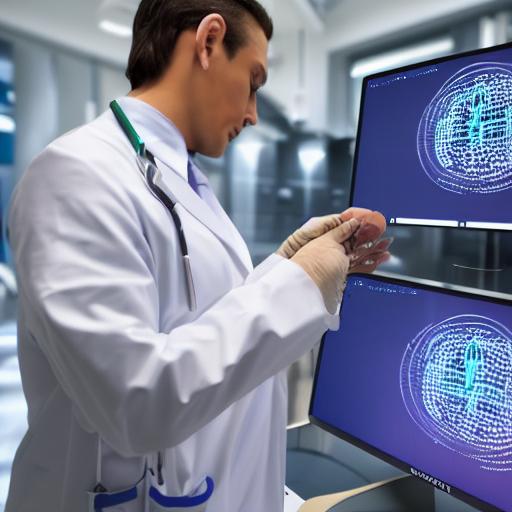An electrocardiogram, or ECG, is a routine test that involves having small electrodes taped to your chest to evaluate the rhythm and electrical activity of your heart. If you’ve ever been admitted to the hospital or visited an emergency room, you’ve probably had one.
Hospital ECGs are typically reviewed by a doctor or nurse at your bedside, but researchers are now utilizing artificial intelligence to extract even more information to better both your care and the healthcare system as a whole.
According to recently released data, the research team developed and trained machine learning programs using 1.6 million ECGs taken between 2007 and 2020 from 244,077 individuals in northern Alberta.
The algorithm divided patients into five risk categories, from lowest to highest, and predicted with an accuracy rate of 85% the chance of mortality from that point for each patient from all causes within one month, one year, and five years.
When demographic data (age and sex) and the results of six common laboratory blood tests were added, the predictions became even more accurate.
According to lead researcher Padma Kaul, professor of medicine and co-director of the Canadian VIGOUR Centre, the study serves as a proof-of-concept for the use of routinely acquired data to enhance individual care and enable the health-care system to “learn” as it goes.
They wanted to know how to evaluate the data and identify individuals who are at higher risk for mortality using modern methods like artificial intelligence and machine learning, says Kaul.
These results “illustrate how machine learning models can be used to transform data acquired routinely in clinical practice into knowledge that can be used to supplement decision-making at the point of treatment as part of a learning health-care system.
An ECG will be prescribed by a doctor if you have high blood pressure or heart disease symptoms including chest pain, breathlessness, or an irregular heartbeat. Kaul and her team plan to improve these models for certain patient subgroups after looking at ECG findings in all patients during the study’s initial phase.
Also, they want to concentrate on heart-related causes of death rather than just mortality from all causes.
They want to take the data that the healthcare system generates, turn it into knowledge, and then feed it back into the system to enhance outcomes and services. That is what a system of learning healthcare looks like.








